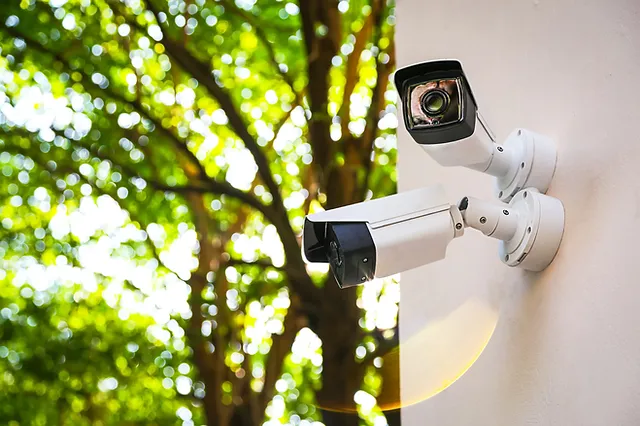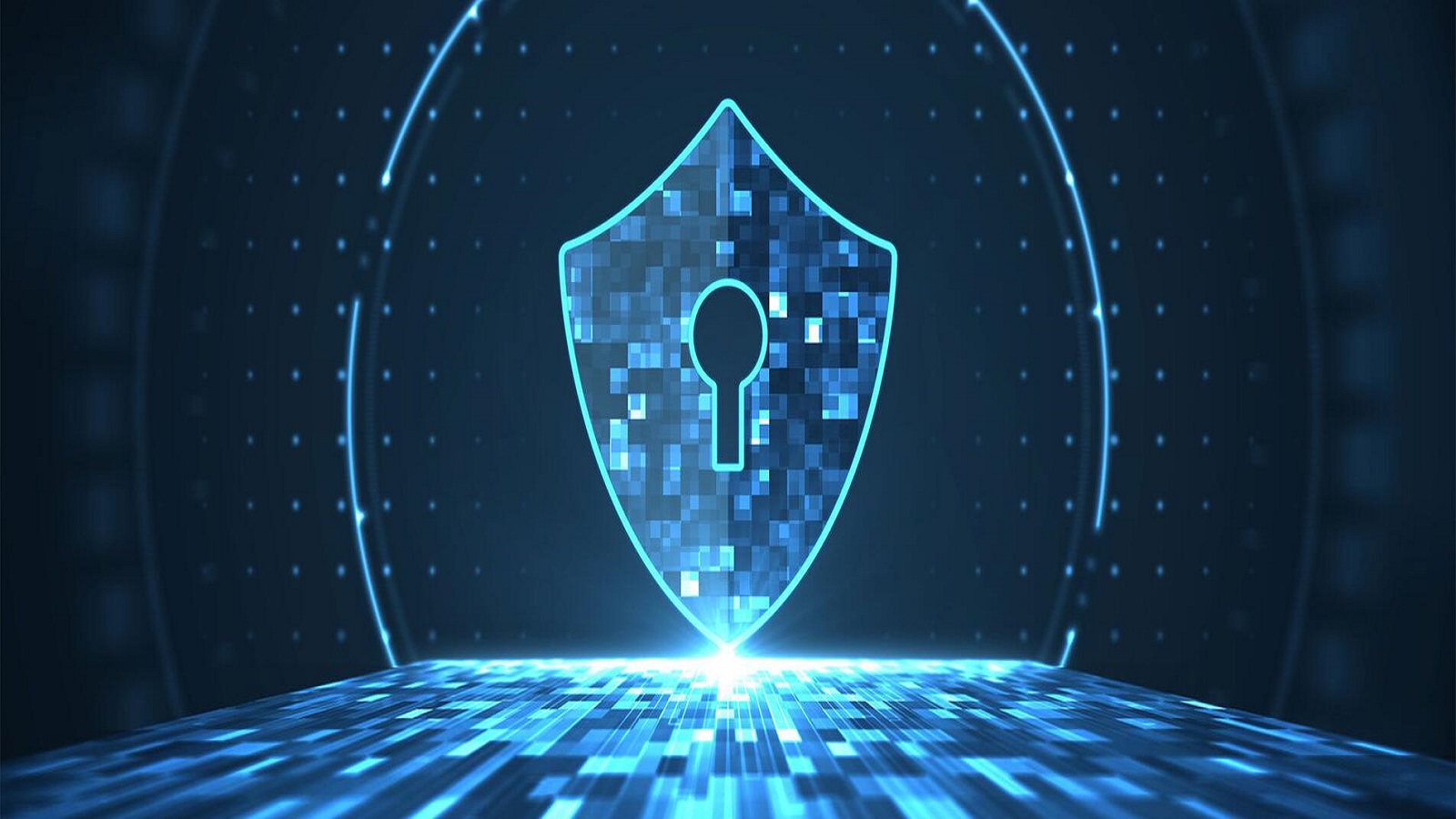Corporate premises face a myriad of risks, from minor incidents like vandalism to severe threats such as terrorism. Protecting your people, property, and assets requires robust security measures.
The foundation of an effective security plan is a thorough security assessment. This process identifies your security strengths and weaknesses, enabling efficient allocation of resources.
Importance of Security Assessments
Many businesses neglect comprehensive security assessments, leading to ineffective security measures that do not address unique vulnerabilities. Conducting a proper security assessment ensures your business remains secure and can save money while keeping people safe.
What is a Corporate Security Assessment?
A corporate security assessment meticulously examines existing security measures and vulnerabilities. It identifies previously unknown security gaps and evaluates the likelihood of specific threats. The assessment helps in identifying assets, which are categorized into:
- People assets
- Property assets
- Information assets
Each category requires distinct security measures to ensure comprehensive protection.
How To Conduct a Corporate Security Assessment
Risk assessments pinpoint potential threats and enable the implementation of effective countermeasures. Not all risks are immediately apparent, so it’s essential to delve into every potential scenario.
People Assets Risk Assessment
People assets encompass everyone on your premises, including employees, visitors, contractors, and community members. To ensure their safety, consider the following:
- Are entrances and exits secure?
- Is there comprehensive CCTV coverage?
- Are there clear policies for handling aggressive individuals?
- Are emergency evacuation plans in place and communicated?
- Do visitors sign a logbook?
- Are sufficient fire, first aid, and health and safety trained staff on-site?
- Are security policies updated with business changes?
Each organization has unique security needs, so tailor your assessment accordingly. Analyze every aspect of your business to identify threats to people assets, involving an interdisciplinary team for diverse insights.

Property Assets Risk Assessment
Property assets include buildings, machinery, vehicles, and equipment. Their value makes them prime targets for criminals. Consider the following in your risk assessment:
- Are entrances and exits secure and monitored by CCTV?
- Is security lighting operational?
- Are machinery and equipment properly secured?
- Are property assets marked with unique identifiers?
- Are access control measures in place?
- Are vehicles securely locked and keys stored safely?
- Is money banked regularly and safely?
Different businesses have varied security requirements. Ensure your assessment covers all necessary aspects, whether you operate large manufacturing units or small office spaces.
Informational Assets Risk Assessment
Information assets include digital and physical data, employee records, financial information, and business data. Protect these assets with both physical and cybersecurity measures:
- Are important documents locked away?
- Do employees use secure passwords and change them regularly?
- Is data backed up and stored offsite?
- Do you have enterprise-grade cybersecurity measures?
Regularly review and update your informational asset security policies to stay ahead of potential threats.
Planning New Security Measures and Management Policies
A risk assessment alone doesn’t improve security; you must act on the findings. Prioritize security weaknesses by importance and allocate your budget effectively. Some resolutions, like staff training, may not cost much but can significantly enhance security.
Professional Corporate Security Services
For optimal security, consider hiring a professional security provider. They offer various services tailored to corporate needs, including:
Corporate Security Officers
Trained to enforce security best practices, corporate security officers provide services such as:
- Concierge and reception security
- Access control
- Health and safety enforcement
- Emergency service liaison
- Out-of-hours security
Their presence deters crime and ensures a rapid response to security incidents.

Mobile Security Patrols
Mobile patrols provide comprehensive surveillance over large or multiple premises, offering benefits like:
- Regular and random patrols
- Rapid response to incidents
- Effective visual deterrent
This service is ideal for extensive properties or rural areas with longer emergency response times.
Key Holding and Alarm Response
Key holding services ensure 24/7 access to your property and a swift response to alarms. Benefits include:
- Guaranteed property access
- Professional alarm response
- First aid and suspect detention
CCTV Security
CCTV systems provide 24/7 surveillance and rapid response capabilities. Benefits include:
- Continuous monitoring
- Video evidence for legal proceedings
- Deterrent against crime
Choosing a Security Provider
Select a provider with the following credentials:
- SIA-Licensed staff
- ACS Pacesetter membership
- Relevant third-party accreditations
Titanium Security Services has become a leading UK security provider, offering comprehensive services nationwide. With high customer retention and rapid response times, Titanium Security ensures your business remains protected. Visit our website for more information on their services and accreditations.
Titanium Security Services offers a range of security solutions tailored to your corporate needs, providing peace of mind and robust protection for your assets.
Read More Why Is Crime Rising in Affluent Areas?

